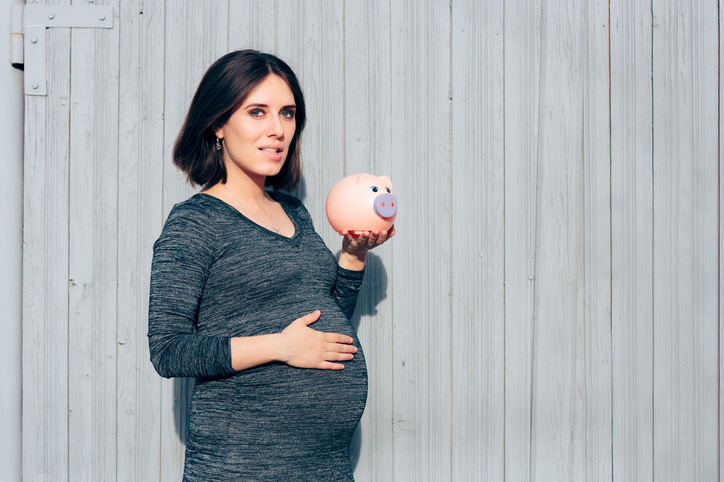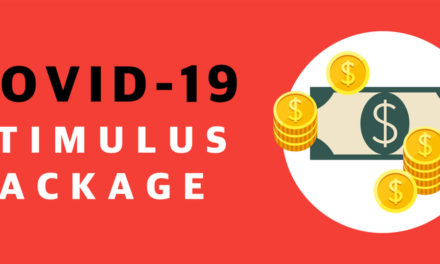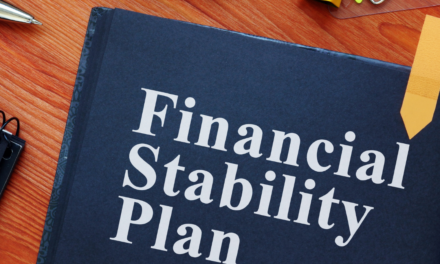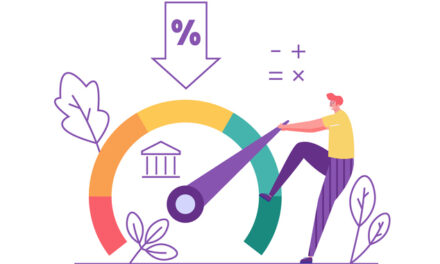Springtime has arrived, and this season is usually associated with birth–of animals, of flowers, of a rejuvenation of spirit. Though human beings don’t tend to follow seasonal trends of giving birth, with newness on the brain, it is a great time to discuss the way your finances will change when a new addition joins your family and, in short, how to budget for a baby.
When you have a baby, life doesn’t only change in terms of not sleeping and trying to find time to shower. Finances change and, therefore, so must your budgeting plan. Between one-time large purchases like a crib, car seat, and high chair, to the frequent need to buy diapers, clothing, and formula (if you are formula feeding), having a baby can be quite expensive. Luckily, we’ve got you covered to help you plan for this huge change in your life so that you are financially prepared and, as a result, less stressed.
Consider Medical Costs
If this is your first child, you will likely need to upgrade your health insurance plan to a family plan that includes your new addition. This means a higher monthly payment to factor into your expenses, or more money deducted from your paycheck to cover insurance through your job. Additionally, babies tend to have a lot of medical visits and you may find yourself paying copays considerably more frequently than you have been until now. Even under insurance, the cost of the birth itself can be high due to hospital bills, so make sure you are clear on what your insurance covers, doesn’t cover, and what you will owe in payments so you can plan accordingly. Don’t forget that births often don’t go according to plan, so consider what it will cost for a c-section, an epidural, the NICU, and any other aspects of the birth that can possibly become your reality.
Medical costs also come into play when picking a pediatrician for your baby. If there is an amazing pediatrician in your neighborhood who does not take your insurance, think about if you can afford to pay out of pocket or if you need to find someone who is in network with your insurance plan.
Understand Your Maternity/Paternity Leave and FMLA
Everyone’s job seems to offer different parental leave plans, so make sure you have a clear understanding of how much time you are allowed off and how much, if anything, you will be paid. Aside from compensation (or lack thereof) from your job, you may also be eligible to collect payment from the Family and Medical Leave Act (FMLA). Once you have all this financial information, you can then start to make a realistic budget for the time you will be away from work and your usual salary. If your parental leave is paid in full for a certain amount of weeks, consider whether you will be ready to go back to work when that time period is up or if you will need to save and budget for some extra time off.
Set Up a Registry
Baby gear can be expensive, and cheaper items like clothing or baby blankets can really add up, too. Luckily, you likely won’t need to foot the entire bill yourself. Set up a baby registry so that your friends and family will actually get you the items you need or have your heart set on rather than something nice but unnecessary. You can even include diapers on your registry! You’d be surprised how happy you’ll be not having to budget for baby diapers those first couple of months, especially as your baby might grow out of sizes quickly. It’s great to have a few diaper sizes lying around, as well as clothing in a variety of sizes. This way, for those first few months you can focus on your baby and not on shopping (and spending–especially if you are not getting paid for your parental leave).
529 Plan: Start Saving for College
It’s never too early to start saving for your baby’s college education! It’s a good idea to set up a separate savings account for your new child and periodically put money in there. Any money you get when the baby is born that you don’t need to use on immediate baby expenses is great to use to start this new account. Birthday money down the line can go in there, too. A 529 plan is a great way to save for your baby’s future education; this plan has several tax advantages such as NY State Tax deductions and tax-free withdrawals when they are used to pay for qualified expenses related to education.
Get or Update Your Life Insurance Policy and Will
With a child in the picture, you want to make sure that child is financially taken care of should something happen to you. It’s important to research life insurance plans or update your existing plan to accommodate for your new edition. Additionally, you can name a guardian in your will so you have peace of mind that your child will be taken care of by the person of your and your spouse’s choice should something happen to both of you. It can be pricey to pay for a lawyer to write your will, so make sure you budget for that.
Budget For a Baby
Having a baby is a big change for your lifestyle and your bank account, but with proper planning, you will be financially ready to handle whatever life throws your way. Creating a new monthly budget will help you readjust your finances to make room for all the expenses that come with being parents. At DeSantis, Kiefer, Shall, & Sarcone, we can help you budget for a baby and become financially ready for this new chapter in your life. Reach out to us whenever you are ready to start financially planning for parenthood!






